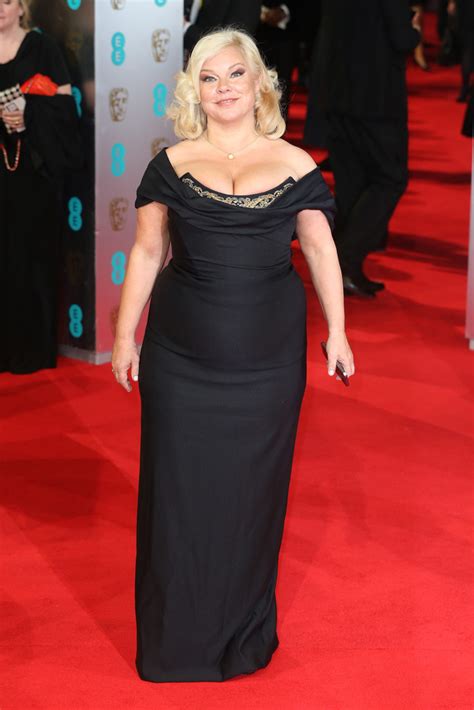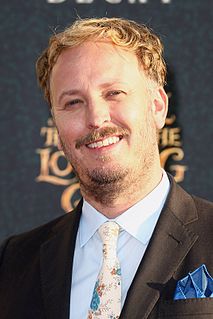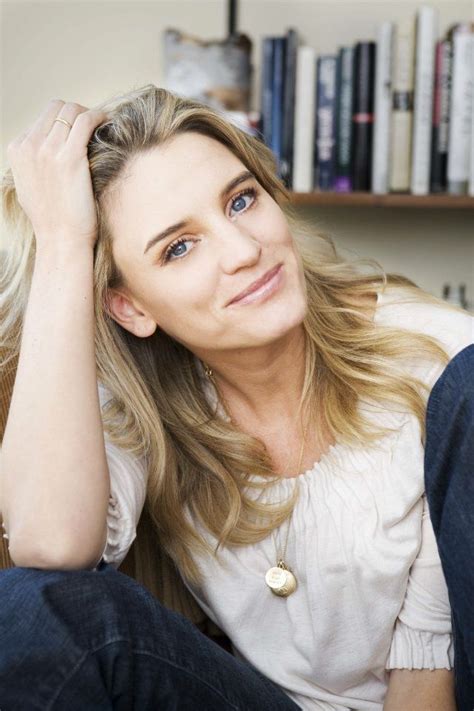A Quote by Eric Bana
I wasn't going to be a college kid. The only subject I was interested in was English. I think I had a subconscious interest in analyzing story.
Related Quotes
If your subject is crime, then you know at least that you're going to have a real story. If your subject is the maturing of a college boy, you may never stumble across a story while you're telling that. But if your story is a college boy dead in his dorm room, you know there's a story in there, someplace.
I always knew from the beginning that this was the only way to write Then We Came To The End - that it had to be in first - person plural if it was going to illustrate how the individual becomes part of the collective. I had no interest in writing the book in a more conventional voice. It goes back to that fascination I had with telling a story in multiple ways. It was the only choice I gave myself, really - I said "This is it, pal. If you can't tell a story this way, you're going to have to abandon the book. Write it this way or give up."
We talked about and that has always been a puzzle to me
why American men think that success is everything
when they know that eighty percent of them are not
going to succeed more than to just keep going and why
if they are not why do they not keep on being
interested in the things that interested them when
they were college men and why American men different
from English men do not get more interesting as they
get older.
I was born to sell it as a kid. I think it's partially innate, and partly it's because my parents were always very clear: if I needed anything that wasn't a necessity, I was going to have to save my money and buy it myself. That meant not only did I have to buy basketball shoes, but I had to figure out how to pay for college as well.




































